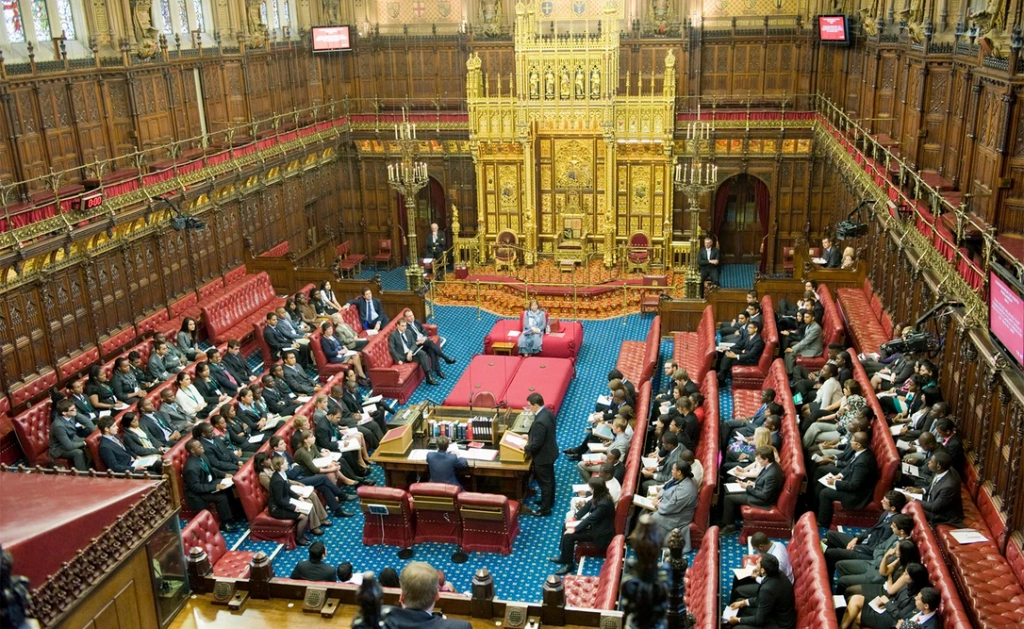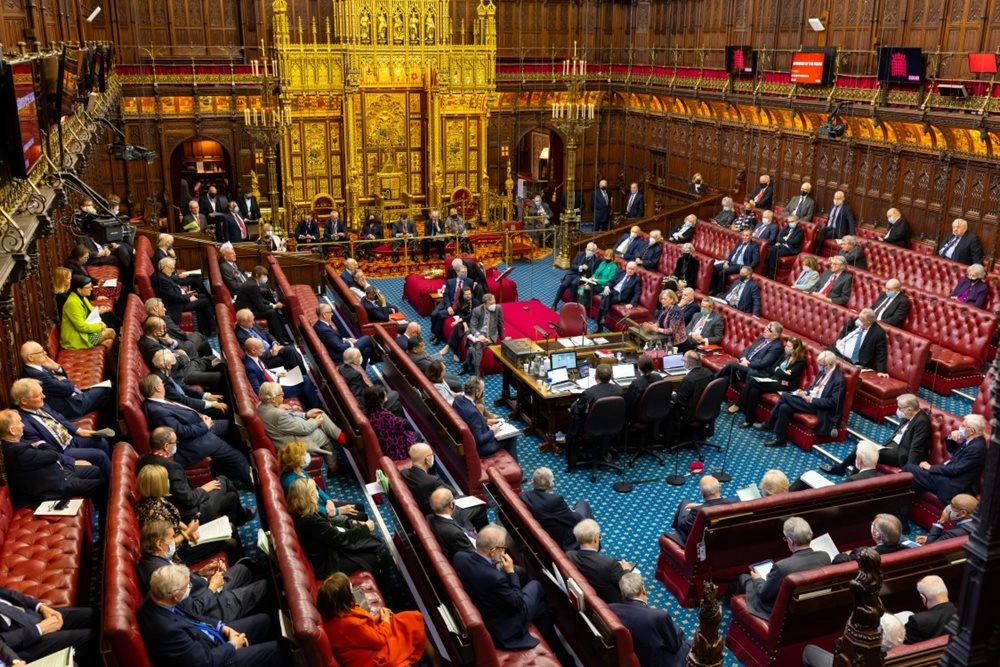
London, UK— The UK Parliament has taken a resolute stand against the growing persecution of religious minorities in Pakistan, with a focus on the abuses faced by Christians, Hindus, and other vulnerable groups. During a heated debate, MPs called for concrete actions to address systemic discrimination, violence, and legal injustices that continue to threaten minority communities in Pakistan.
The discussion centered on Pakistan’s controversial blasphemy laws, forced conversions, and mob violence, which disproportionately impact Christians and other religious minorities.
The State of Religious Persecution in Pakistan
1. Blasphemy Laws as a Tool of Oppression
- Pakistan’s blasphemy laws are often weaponized against minorities, with accusations leading to mob violence, imprisonment, or even death.
- In 2023, at least 40 cases of blasphemy-related violence were reported, disproportionately targeting Christians.
2. Forced Conversions and Abductions
- Young Christian and Hindu girls are frequently abducted, forcibly converted to Islam, and married off to their abductors.
- Activists report that over 1,000 cases of forced conversions occur annually, with limited legal recourse for victims.
3. Violence Against Christian Communities
- High-profile incidents, such as the August 2023 Jaranwala attacks where churches were burned and Christian homes destroyed, have drawn international condemnation.
UK Parliamentary Debate Highlights

1. Key Voices in Parliament
- Theresa Villiers, MP: “The situation in Pakistan is intolerable. The UK must use its diplomatic influence to push for greater protections for religious minorities.”
- Imran Hussain, MP: “As someone with roots in Pakistan, I urge the government to address these injustices, which are incompatible with human rights.”
2. Proposed Actions
- Sanctions: MPs discussed imposing targeted sanctions on individuals and organizations responsible for human rights abuses.
- Aid Conditions: Suggestions were made to tie UK aid to Pakistan to measurable improvements in the protection of religious freedoms.
- International Pressure: Parliament called for increased collaboration with global allies to pressure Pakistan to reform its blasphemy laws and protect minorities.
Global Reactions
1. Support from Human Rights Groups
- Amnesty International: Welcomed the UK’s stance, urging other nations to follow suit in addressing systemic persecution in Pakistan.
- Open Doors International: “The UK’s leadership in this matter is crucial for creating global momentum to protect persecuted communities.”
2. Mixed Response from Pakistan
- The Pakistani government defended its human rights record, accusing Western nations of interfering in domestic affairs.
- Pakistani Foreign Ministry: “We are committed to protecting all citizens, and these criticisms are based on misinformation.”
Public Opinion: What’s True and Untrue?
- True:
- Pakistan’s blasphemy laws are frequently used to target minorities, with many cases leading to violence and legal injustices.
- Forced conversions and abductions of minority women remain a significant issue, with little government intervention.
- Untrue:
- Claims that Pakistan’s government has made substantial progress in addressing religious persecution are not supported by recent reports.
- Assertions that the UK’s actions amount to unwarranted interference ignore the global human rights obligations Pakistan is party to.
Implications for Religious Minorities
1. Increased International Attention
The UK’s strong stance may prompt other nations to adopt similar measures, increasing pressure on Pakistan to enact meaningful reforms.
2. Empowering Local Advocates
By spotlighting the issue, the debate strengthens the efforts of local activists and NGOs fighting for the rights of minorities in Pakistan.
3. Strained UK-Pakistan Relations
While well-intentioned, the UK’s actions could complicate diplomatic ties with Pakistan, a key ally in the region.
What’s Next?
1. Implementation of Sanctions
The UK government is expected to review potential sanctions against individuals and groups implicated in persecution cases.
2. Advocacy Campaigns
Faith-based organizations and human rights groups will likely intensify campaigns to keep the issue in the global spotlight.
3. Monitoring Progress
Parliament has called for regular updates on the situation in Pakistan, ensuring continued accountability and follow-up actions.
Conclusion: A Stand for Justice
The UK Parliament’s decisive stand against religious persecution in Pakistan underscores the international community’s moral obligation to defend the rights of vulnerable groups. As Veritas World News observes, “Protecting religious freedom is not just a domestic issue; it is a universal human right that demands unwavering global solidarity.”
#ReligiousFreedom #ChristianPersecution #Pakistan #UKParliament #VeritasWorldNews
